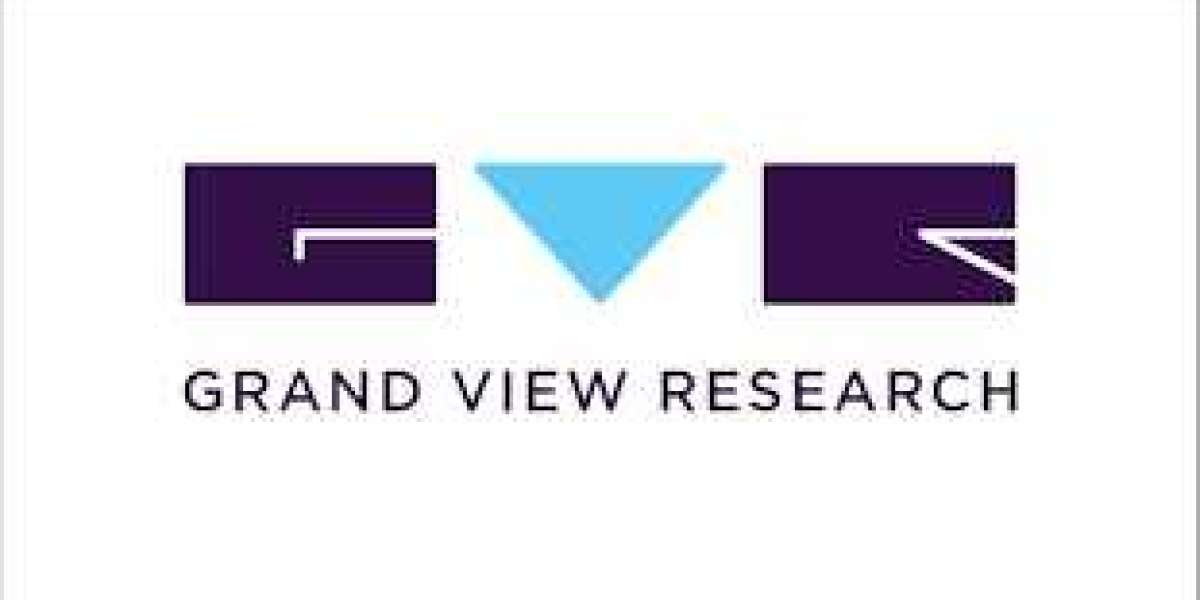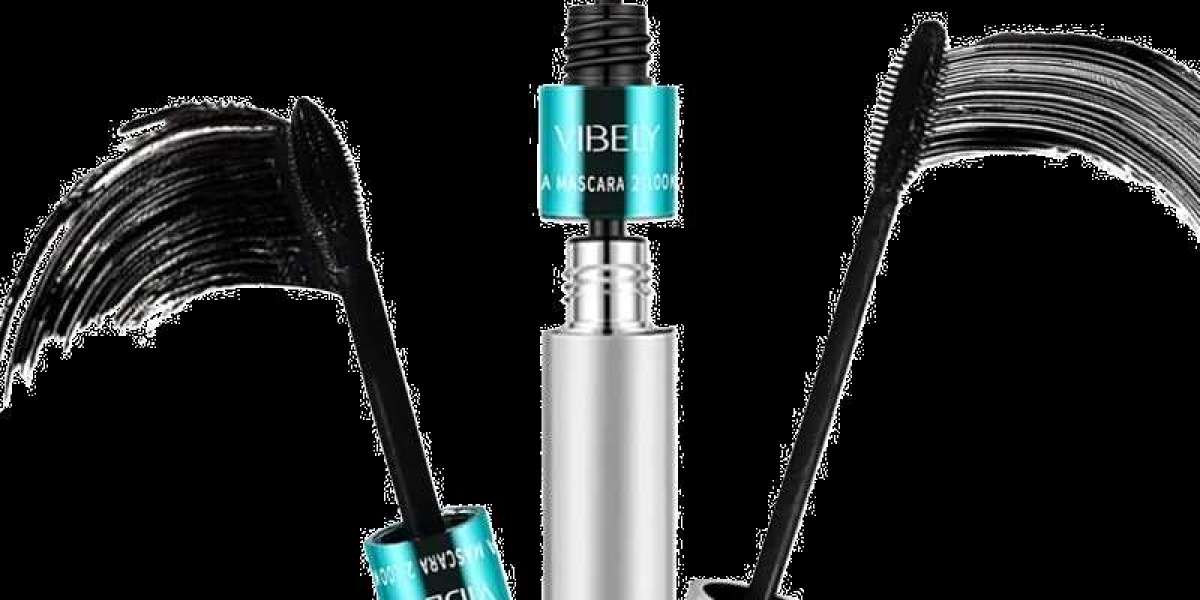The global antibody-drug conjugates (ADCs) market was valued at approximately USD 11.29 billion in 2023, with projections indicating a compound annual growth rate (CAGR) of 9.2% from 2024 to 2030. This growth is largely driven by a robust research and development (RD) pipeline within the sector, which is enabling the continuous development of new and innovative ADCs. Additionally, the rising prevalence of cancer worldwide, coupled with an increasing demand for targeted therapies that offer high efficacy with minimal toxicity, is expected to fuel the market’s expansion.
Several key ADCs currently dominate the market, including Kadcyla (Genentech/Roche), Adcetris (Seattle Genetics), Enhertu (AstraZeneca/Daiichi Sankyo), Besponsa (Pfizer), Mylotarg (Pfizer), and Polivy (Genentech/Roche). ADCs are a distinct class of therapeutic agents designed to deliver cytotoxic drugs directly to cancer cells. This is achieved by chemically linking a potent cytotoxic drug to an antibody, which then targets specific cancer cells while sparing most healthy cells, thereby reducing adverse side effects.
Traditional chemotherapy, aimed at destroying fast-proliferating tumor cells, often impacts healthy cells as well, leading to various unwanted side effects. In contrast, ADCs are formulated to improve treatment effectiveness by specifically targeting cancer cells and minimizing systemic toxicity. However, the high production and RD costs associated with ADCs contribute to an elevated treatment cost compared to conventional therapies, such as monoclonal antibodies and standard chemotherapy. This elevated cost is a significant factor influencing reimbursement policies, especially in developed countries, where insurance coverage can substantially impact patient access to these drugs. For example, in February 2020, the National Centre for Pharmacoeconomics (NCPE) in Ireland issued a negative recommendation for Roche’s Kadcyla (trastuzumab emtansine) due to its cost-effectiveness assessment, highlighting the financial challenges associated with ADC therapies in certain healthcare systems.
Gather more insights about the market drivers, restrains and growth of the Antibody Drug Conjugates Market
Regional Insights
The global antibody-drug conjugates (ADCs) market is experiencing regional variances in growth due to differences in healthcare infrastructure, RD investment, regulatory environments, and cancer prevalence rates. Below is a more detailed breakdown of the ADC market’s regional performance and forecast.
North America
In 2023, North America held the largest market share in the ADC industry, accounting for 52.54% of the total revenue. This dominant position is attributed to increased awareness among healthcare professionals about ADCs, favorable reimbursement policies, and substantial investment in research and development. North America is expected to continue growing steadily due to factors such as heightened awareness of current treatment therapies, robust reimbursement support, and enhanced patient access and affordability. Key players in this region include Seagen, Inc.; F. Hoffmann-La Roche Ltd.; Gilead Sciences Inc.; and Pfizer Inc.
United States:
The U.S. ADC market is expanding rapidly, driven by a high level of awareness among healthcare professionals, a strong presence of advanced ADC therapies, and significant RD investments by pharmaceutical companies. For instance, in April 2021, Gilead received FDA approval for Trodelvy to treat locally advanced or metastatic urothelial cancer, signaling growth opportunities for Trodelvy and other ADCs like Polivy, Padcev, and Enhertu.
Europe
Europe’s ADC market is also experiencing significant growth due to new product launches, increased RD efforts, and a strong pipeline of ADC products expected to be commercialized during the forecast period.
United Kingdom:
In the UK, the ADC market is anticipated to expand due to rising cancer awareness, increased adoption of ADC treatments, and supportive reimbursement policies. The National Institute for Health and Care Excellence (NICE) reimburses drugs like Besponsa and Kadcyla, which further supports market growth.
France:
The French ADC market is expected to grow, supported by a larger patient base and the introduction of novel ADC therapies targeting different cancer types.
Germany:
Germany’s ADC market benefits from high RD investment and improved access to various treatment options, which are expected to support growth over the forecast period.
Asia Pacific
The Asia Pacific ADC market is projected to grow substantially due to the region’s emerging economies, increasing biotech investments, favorable government initiatives, and a rapidly expanding clinical research and outsourcing market. Improvements in healthcare infrastructure and RD in drug development are further propelling market growth.
China:
In China, market growth is fueled by the approval of new ADC drugs, an increasing cancer prevalence, and government initiatives aimed at enhancing access to cancer treatments.
Japan:
In Japan, the ADC market benefits from the geographic expansion of major industry players and the introduction of new ADC medications. For instance, in May 2021, Japan’s Ministry of Health, Labour and Welfare (MHLW) granted priority review to Astellas’s enfortumab vedotin (Padcev) for treating metastatic or advanced urothelial cancer. Additionally, Enhertu received approval in 2020 for treating HER2-positive metastatic gastric cancer. The growing number of clinical trials in Japan is also expected to drive market expansion.
Latin America
Latin America is an emerging market for ADCs, with notable potential driven by high cancer prevalence, particularly in Mexico, where lifestyle changes and reduced physical activity are contributing factors.
Brazil:
In Brazil, ADC market growth is supported by increasing RD efforts led by institutions like the AC Camargo Cancer Center, which operates within a universal, decentralized healthcare system funded by federal, state, and municipal taxes, providing cancer treatment to approximately 75% of the population.
Middle East Africa (MEA):
The MEA region presents lucrative growth opportunities for the ADC market due to high cancer prevalence rates and significant unmet medical needs, supported by improvements in healthcare infrastructure.
Saudi Arabia:
In Saudi Arabia, market growth is expected to be driven by partnerships between pharmaceutical manufacturers, like F. Hoffmann-La Roche Ltd., and the Saudi government and National Cancer Associations. These collaborations aim to enhance cancer diagnosis and treatment education among healthcare workers, boosting the adoption of ADC therapies in the region.
Browse through Grand View Research's Category Pharmaceuticals Industry Research Reports.
- The global digestive intestinal remedies market size was estimated at USD 21.50 billion in 2024 and is projected to grow at a CAGR of 4.25% from 2025 to 2030.
- The global non-alcoholic steatohepatitis treatment market size was estimated at USD 7.72 billion in 2024 and is projected to grow at a CAGR of 28.1% from 2025 to 2030.
Key Antibody Drug Conjugates Companies:
The following are the leading companies in the antibody drug Conjugates market. These companies collectively hold the largest market share and dictate industry trends.
- Seagen, Inc.
- Takeda Pharmaceutical Company Ltd.
- AstraZeneca
- F. Hoffmann-La Roche Ltd.
- Pfizer, Inc.
- Gilead Sciences, Inc.
- Daiichi Sankyo Company Ltd.
- GlaxoSmithKline Plc
- Astellas Pharma, Inc.
- ADC Therapeutics SA
Order a free sample PDF of the Market Intelligence Study, published by Grand View Research.








